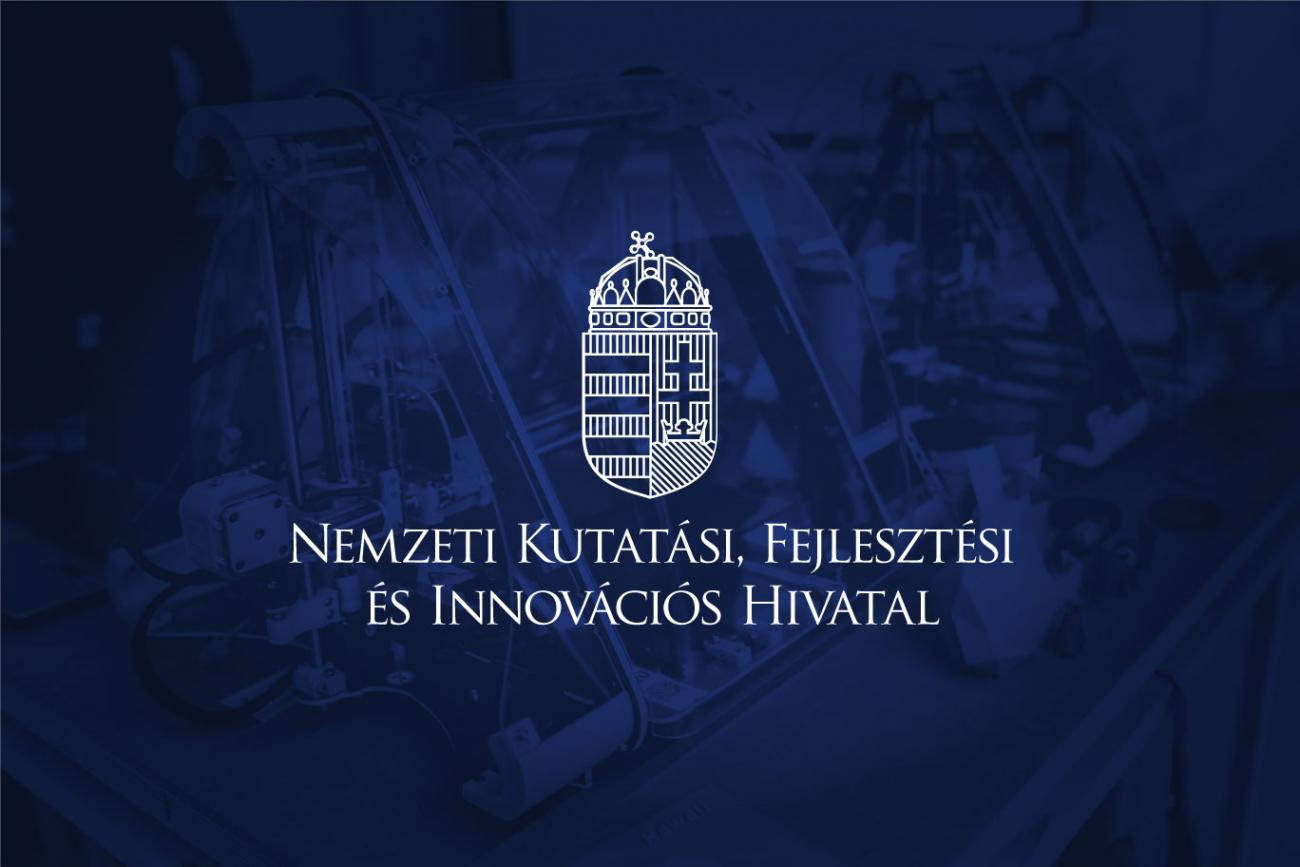No Results Found
The page you requested could not be found. Try refining your search, or use the navigation above to locate the post.
 Projects
ProjectsProject number: K138970
Inequalities are encoded in our relationships. We make friends with similar people, companies of similar development do business with each other. This is an essential feature of social and business relationships, which makes large networks in cities segregated. In most societies, these network fault lines develop between high- and low-income individuals or between developed and less developed companies, which can lead to conserved inequalities. During a pandemic, inequalities increase as many face the risk of infection because of their work, while many can work from home and avoid illness more easily. Due to mobility constraints, supplier networks have become insecure, causing many companies to face production and financial difficulties and many lost their jobs.
In this research, we examine anonymous mobility patterns derived from international social media and domestic mobile phone data, along with individual income and corporate data from supplier networks. We are looking for statistical correlations between the movement of people within a city and social networks as well as business relationships. We show how income and productivity inequality changes in networks during the pandemic. We develop new methods that enable us to identify urban places that are able to integrate the city’s social network and to analyze strategies for vaccinating workers and the epidemiological and economic impacts of workplace and location-specific quarantine.

The page you requested could not be found. Try refining your search, or use the navigation above to locate the post.